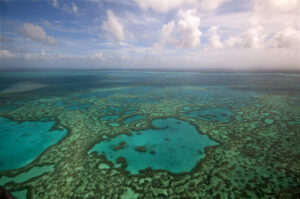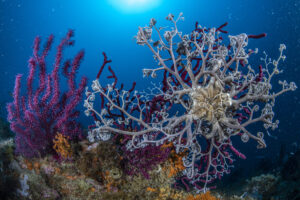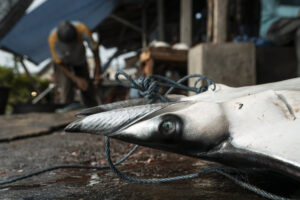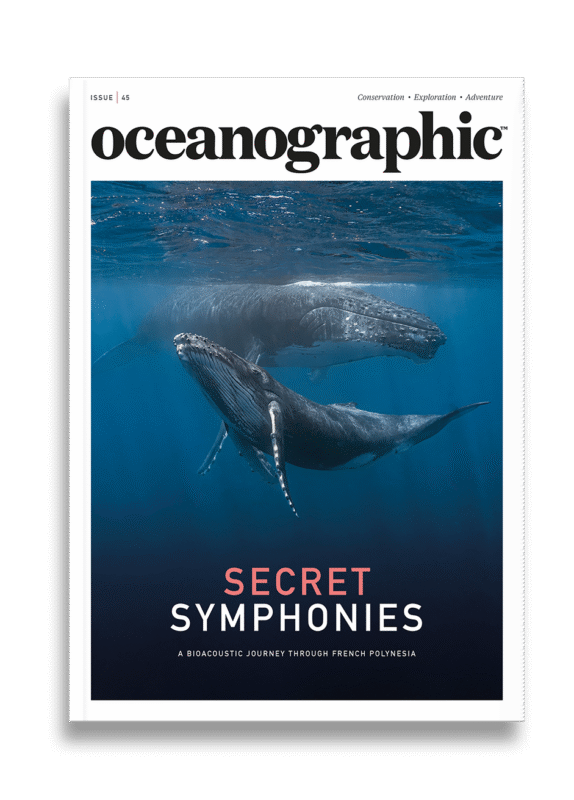International Seabed Authority to investigate The Metals Company
The landmark decision has been earmarked as a critical step in protecting the deep sea - recognised as the common heritage of humankind - from what has been labelled by its critics as a ‘premature industry’ and potentially unlawful exploitation.
The International Seabed Authority has launched an official investigation into the actions of deep sea mining contractors, including The Metals Company subsidiaries over actions taken to circumvent the regulations upheld by the UN Convention of the Law of the Sea and the potential violation of international law.
The landmark decision has been earmarked as a critical step in protecting the deep sea – recognised as the common heritage of humankind – from what has been labelled by its critics as a ‘premature industry’ and potentially unlawful exploitation.
The decision to launch the investigation was made at the close of the International Seabed Authority Council Meeting earlier this week, which also concluded without a decision being made to adopt a mining code. This itself has reinforced the previously upheld decision that mining should not start without such regulations being in place.
Despite this, some contractors are seeking permits outside of the International Seabed Authority’s established legal framework and attempting to circumnavigate the UN’s Convention on the Law of the Sea through a backdoor, unilateral process. This includes the Canadian mining firm, The Metals Company which, through one of its subsidiaries, has applied to commence deep seabed mining via the United States.
“Deep sea mining has already proven itself to be a rogue and toxic industry, and rushing to mine the ocean represents a shortcut to disaster,” said Sofia Tsenikli, campaign director at the Deep Seabed Conservation Coalition. “Instead of spending time and money trying to regulate this highly damaging and speculative activity, States must urgently put in place a moratorium on extraction and prioritise scientific research that can truly benefit us all.
“By protecting the deep sea – the common heritage of humankind – States can safeguard our planet’s last pristine areas and the rights of our children and grandchildren to live their lives on a healthy planet.”
Discussions over the past two weeks have laid bare the sheer scale and complexity of unresolved regulatory issues and multiple, outstanding matters, including matters of the environment, finances, regulations, and governance, that the international community must still grapple with, placing yet more hurdles in front of the deep sea mining industry.
It’s all reflective of the growing concerns from a wide range of stakeholders, including scientists, Indigenous leaders, leading businesses, and banks about the risks of opening up the ocean to destructive deep sea mining.

Critics continue to argue for a full moratorium on deep sea mining, while governments at the ISA face growing pressure from The Metals Company in particular which continues to pursue a controversial plan to mine international waters unilaterally through the US. It’s a move that has been widely condemned by ISA Member States.
The launch of an official investigation into contractors like The Metals Company has been hailed a ‘significant and necessary step’ for the body responsible for managing and safeguarding the international deep seabed.
“These legal steps are only the first steps to addressing the chaos caused by The Metals Company’s efforts to circumvent the International Seabed Authority. A global moratorium provides the clarity and security that our ocean and global community desperately needs,” said Duncan Currie, legal advisor.
“It strengthens multilateralism, helps to prevent unilateral action, safeguards the deep sea from destruction and creates space to conduct more science necessary for informed decision-making for the benefit of us all. A moratorium represents a strong commitment to precaution, evidence-based decision-making, equity, and environment protection.”
The Council meeting came just weeks after the third United Nations Ocean Conference (UNOC) in Nice, where heads of state, ministers, and leaders from around the world warned against opening the deep sea to mining and reaffirmed the need for a moratorium. Some 37 governments now back a moratorium, precautionary pause, or ban.
This past week, 40 financial institutions – representing over €3.8 trillion of combined assets, reaffirmed that deep-sea mining must not go ahead until the risks are comprehensively understood and the alternatives fully explored.


"*" indicates required fields
Printed editions
Current issue
Back issues
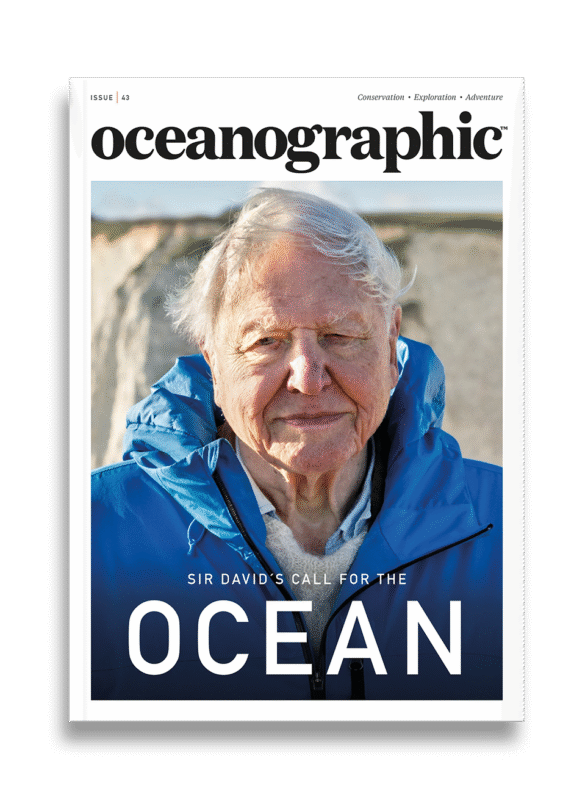
Back Issues
Issue 43 Sir David Attenborough’s ‘Ocean’

Back Issues
Issue 41 Holdfast to the canopy
Enjoy so much more from Oceanographic Magazine by becoming a subscriber.
A range of subscription options are available.


